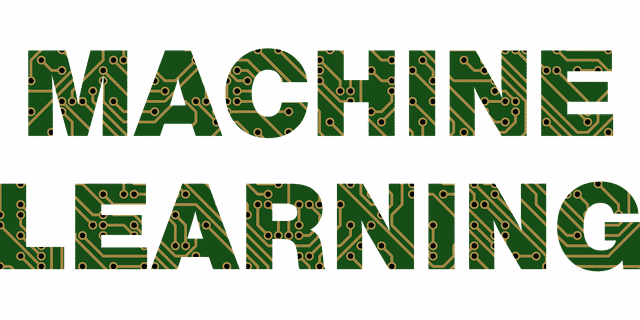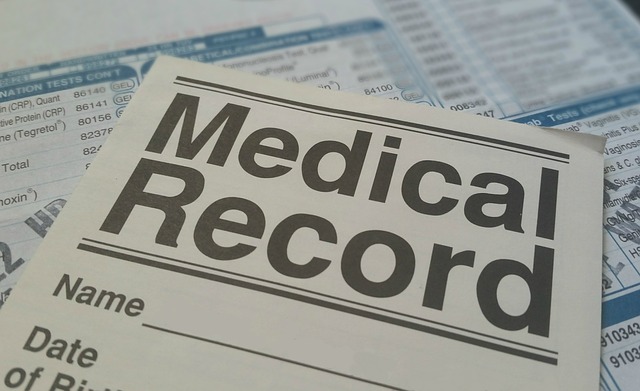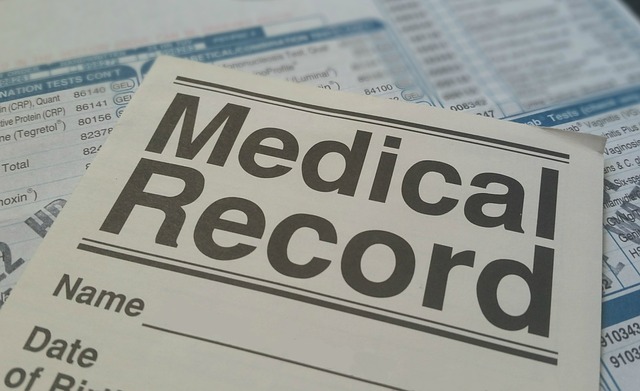Machine Learning can have multiple definitions, depending on the person you’re asking. Generally, it can be defined as the science of making computers learn from data without needing to program them to do so.
Going deeper, it’s a branch of Artificial Intelligence which can analyze huge amounts of data quickly and accurately.
In the medical world, it can be a life-saver as it can tackle large quantities of data and medical records to extract conclusions.
Because of this, the healthcare industry is now focused on using this technology more and more so doctors and patients can benefit from its advantages.
The Importance of Using Machine Learning in Medicine

1. Improves the diagnostic process
Receiving an accurate diagnosis is the first step toward getting better because it will allow you to follow the right treatment for your illness. Not only that, but it’s also critical in early detection.
We want to live in a world where people can use intelligent methods to investigate their symptoms. This is why we built Diagnosio, a self-diagnosis tool which uses AI and machine learning to give you the best diagnosis for your symptoms.
Google or Stanford are also working on developing solutions which use ML and can actually improve the diagnosis accuracy of cancer.
2. Puts the focus on robotic surgery
ML-assisted surgery has great potential for improving surgical outcomes. The robots can not only help surgeons perform better when it comes to new or difficult procedures, but it will also reduce the time it takes for a patient to recover.
A robotic system which uses machine learning in assisted surgery is so precise it can even stabilize the tremors which may occur in the surgeon’s movements.
No two doctors can perform the same surgery identically, so the outcomes can vary depending on their experience and skills. ML will help doctors avoid implications which can affect the patient’s health post-op.
3. Helps provide better treatments
Research shows “67% of patients had at least one medication error on admission to hospital general medicine wards”.
Unfortunately, medication errors are quite common and they can truly hurt patients. One of the main aspects which leads to this is the fact doctors have access to an incomplete medication history.

If a centralized system is available, then machine learning can analyze a patient’s history and data so the doctor can provide the best treatment for the person’s needs.
ML will also create new possibilities for patients such as being able to get personalized medicine for their illness. More effective treatment plans and mitigating adverse side effects are just a couple of the benefits of personalized medicine.
Patient Care Is a Priority
For those working in the medical world, benefiting from technology such as ML is a huge game-changer, especially because at its core, it’s all focused around the patient and its well-being.
Machine learning will easily become an integral part of the medical world in the next few years.
If you would like to see what it’s like using a self-diagnosis tool which works based on AI and ML, then sign up here to try it for free.

